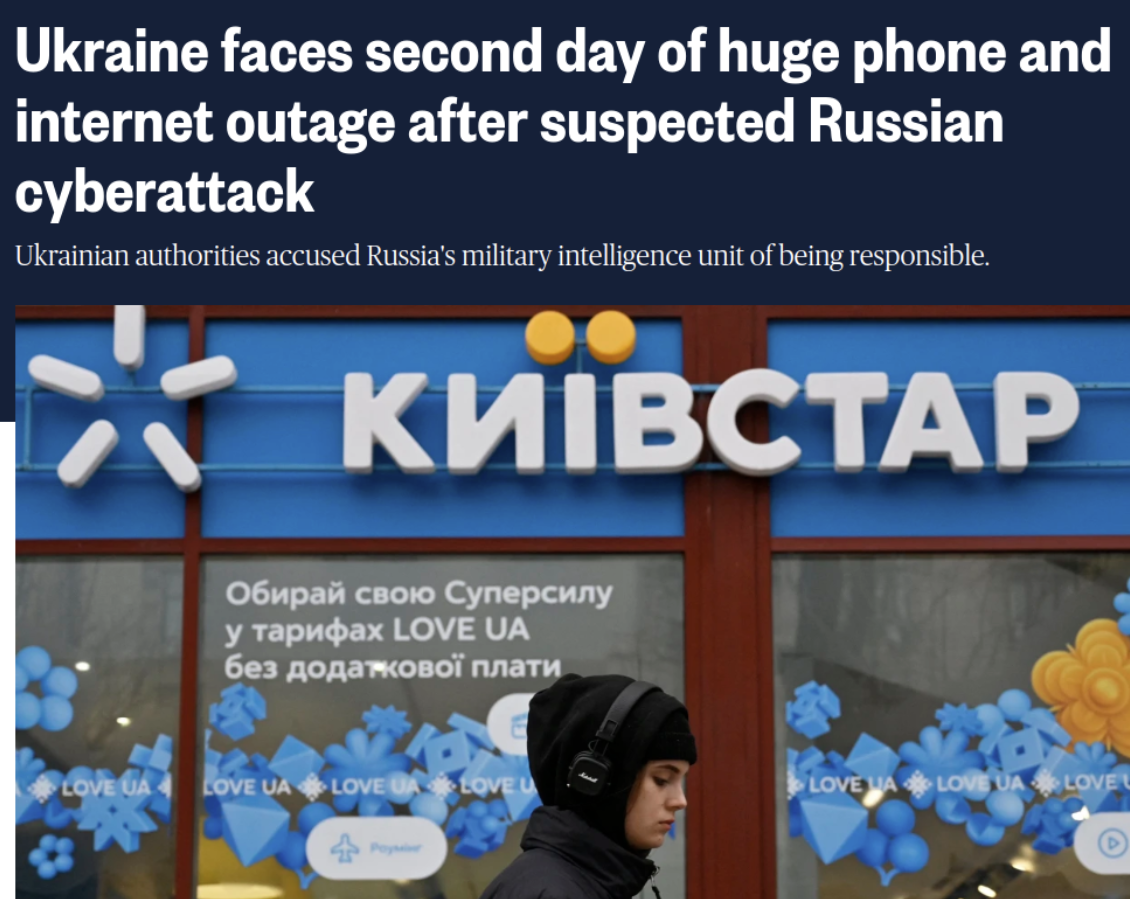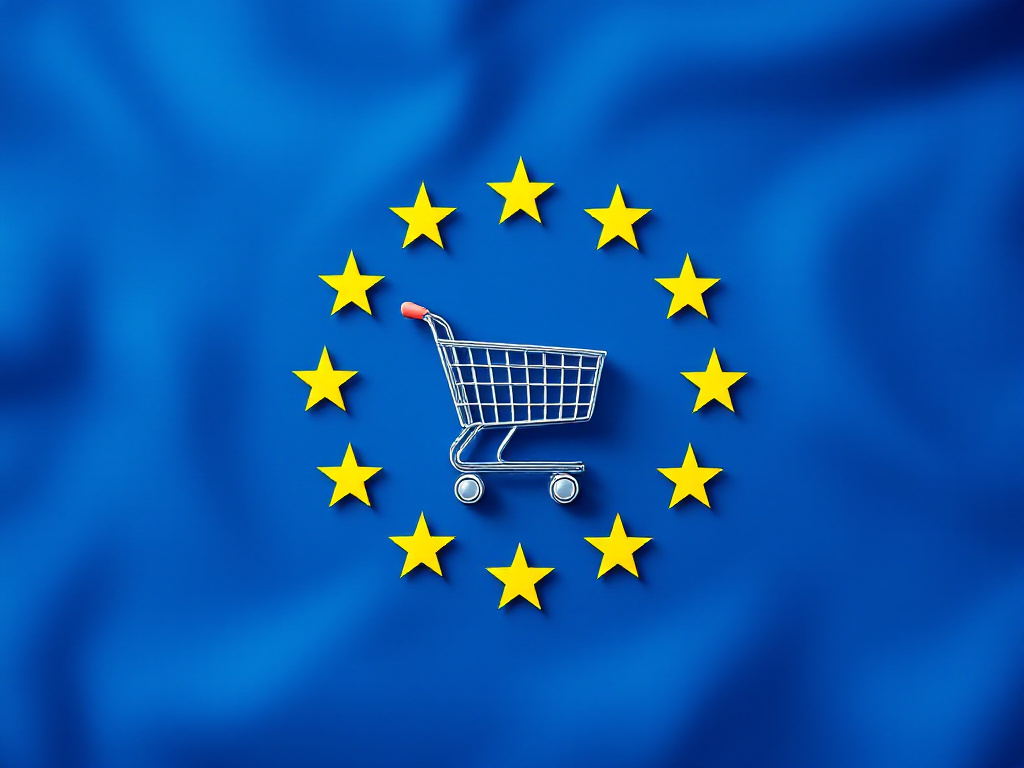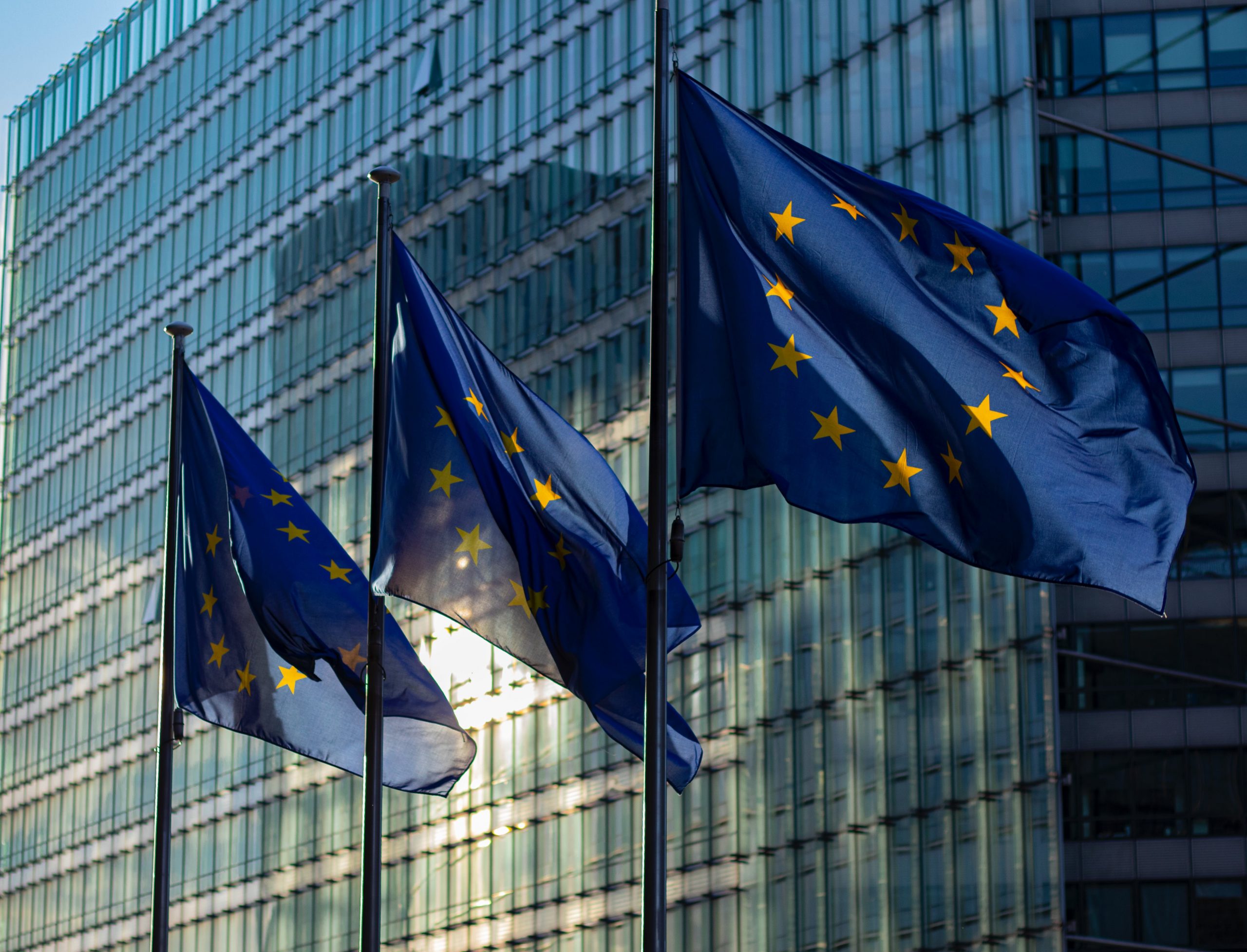- 8 Posts
- 14 Comments

 8·10 days ago
8·10 days agoA very uncomfortable reading but in this time, a necessary topic.
The new development since this text was written is the Trump administration dismantling security institutions and intimidating security companies.
And, the rampant illegal data collection of US companies feels increasingly hostile. Why would a smartphone or smartphone app need my fingerprints or microphone?

 7·10 days ago
7·10 days agoThat completely ignores the fact that a human being needs at least half an hour to one hour of light exvercise / physical movement daily to stay healthy at all. If you do not cycle or run, you’d need to go to a gym / fitness studio.
Also, if you care at all about CO2 emissions, eating vegan or vegetarian food is the way.
Also, driving 3 or 4 kilometers to a supermarket to get a veggie pizza needs way more energy and CO2 for the drive, thsn for the food itself. You can compute that from the fuel consumption of a car - about 180 Grams of CO2 per person per kilometer, so 1.4 kilograms for 4 kilometers each way.
Also, often the danger of cycling is stressed. That’s rubbish because of the health effect of physical exercise - the most dangerous aspect of modern life is lack of exercise, and if you use a bike instead a car you are wayyy less likely to die of cardiovascular problems, which are the real killer, not accidents.
WERA has fantastic high-quality tools specifically for bicycles.

 21·28 days ago
21·28 days agoThat would require to create a lot of new jobs for scientists coming from there. Otherwise it would just increase competition for unattractive jobs and lead more people to quit science (which I did).
And speaking of MINT professionals, we have a lot of stupid processes and bad working conditions here. Yes, for example in German industrial engineering, a lot of experienced software developers are sought for - but honestly, most managers do not have an idea what a requirement specification or an API really is. If you don’t believe me, ask for the API docs of the thing you should work on in their interview.

 11·28 days ago
11·28 days agoYes. The Brexiters argued that they would be better off without an agreement with the Europesn Union on future trade policy and sgreements, seeing a “No-Deal-Brexit” as leverage which left the UK free to make more advantageous trade agreements with other countries.
Years later, not a single agreement has materialized which could even remotely make up for the lost trade with the European Union.
And, ironically, business sectors which thougth that they would profit from Brexit like fishing companies or farmers, suffered the most because they were completely unaware how much advantage the collaboration within the EU was giving them.

 10·28 days ago
10·28 days agoActually, the EU has a whole bouquet of options for countries that want to cooperate with it. It can be trade agreements, free trade area, currency union, Schengen Area and so on. Norway, Switzerland and Turkey are examples of different degrees of associated status.
But be aware that any full EU membership would non-negotiable include the right of not only companies but also people to move freely in the common area - yes, that would mean that any EU citizen has the right to move to and live in Canada, and vice versa, as long as these persons can support themselves.

 11·28 days ago
11·28 days agoCausing economic chaos and sudden large job losses in Germany is surely a way to help Gwrmanys extreme right-wing party AfD. I wouldn’t advise to under-estimate that danger.
Especially since the still-forming social-democrat/conservative coalition is surprisingly quiet on the rise of far-right practices in the US. Being distrustful, one could think that would-be chancellor Merz wants more to govern with the AfD - which, make no mistake, would probably be at least as bad as Trump.

 10·28 days ago
10·28 days agoHubert names a few big projects where Europe has done great things. Another one which I think is well worth mentioning is large numerical weather models.
If you sometimes track hurricanes in Carribean waters, you probably know that they do as least as well as - often better than- the US models. The current anti-science politics in the US leaves people alone not only on climate change as the cause of more frequent disasters, but also in the disaster itself, withdrawing science-based warnings and advice, civil protection, and emergency help.
In such a situation, our weather models could save many lives directly.

 28·28 days ago
28·28 days agoPeople just don’t realize how much power of abuse all this data provides in evil hands. Take smart phone location data. Some time ago, there was an uproar when the move-fast-break-laws company Uber published an analysis of how many of their clients in New York City had probably a one-night stand - based on their location data. A breach of privacy, sure.
But think about this: Google is collecting all this location data all the time, and storing it permanently. Finding out who is probably having an affair while their spouse is away on a business trip is essentially a database query for them.
Or another thing: It is well known that the animal most dangerous to single humans is other humans hunting them. The unspeakable hunt on Europes Jews is an example from hell but depressingly, there are many more cases in human history, like the witch hunts or the catholic inquisition.
Now, if things got too hot, people had the last resort to flee and simply disappear, going to a safe place where nobody knows them. That was the thing that saved Salman Rushdi when he had to flee Iran.
But in an ultra-connected world without privacy, this is not possible any more. That’s because companies like Facebook, Twitter/X and Google have your social graph including your family. And even if you would never would give these companies your address in Rushdie’s situation, a family member who has your address on the phone would happily upload his or her whole address book to Facebook or Google.
That’s not a theoretical consideration - being ratted out by social media was the way many people in Syrias civil war (fuelled by Russia) died.

 5·28 days ago
5·28 days agoCyprus, Luxemburg and Malts, as they provide services to the US market
That’s a nice way to say “tax havens”. Also, many US Big Tech companies have headquarters in Ireland and would pay taxes there … if only these dirt poor companies would have any revenue…

 168·28 days ago
168·28 days agoSURPRISE, that is EXACTLY the same thing that the Brexiters wanted! How come?
(And look at how it’s going…)

 54·28 days ago
54·28 days agoCiting from Bert Hubert’s article:
Acknowledging painful changes is not easy. In the 1930s, the Netherlands realized the world was becoming pretty dangerous, and therefore planned to buy weapons and ammunition from Germany (!). However, the ordered weaponry was not delivered on time, or at least not in the way you’d want.
I love his clarity (and humor) combined with an incredible will to make things better - and fierce optimism that we can, really.

 9·29 days ago
9·29 days agoOne thing I am thinking is that things whith such streng network effects like telephone networks, railway networks, messenger applications or the basic protocols of social media should be required to use specified, open standards and protocols, just like IMAP, HTTP or the Matrix protocol. (Actually the Gemini protocol is a good example how it can be done for microblogs).








A good counter-example is Copenhagen. There, almost nobody uses ebikes in the city. (It would not be faster because there are so many bikes on the road. There is a bridge across the harbour where at rush hour times there pass more than two bikes per second, that’s over 5000 vehicles a hour.)
What made the difference was good, safe bike infrastructure. And NL has this, too.